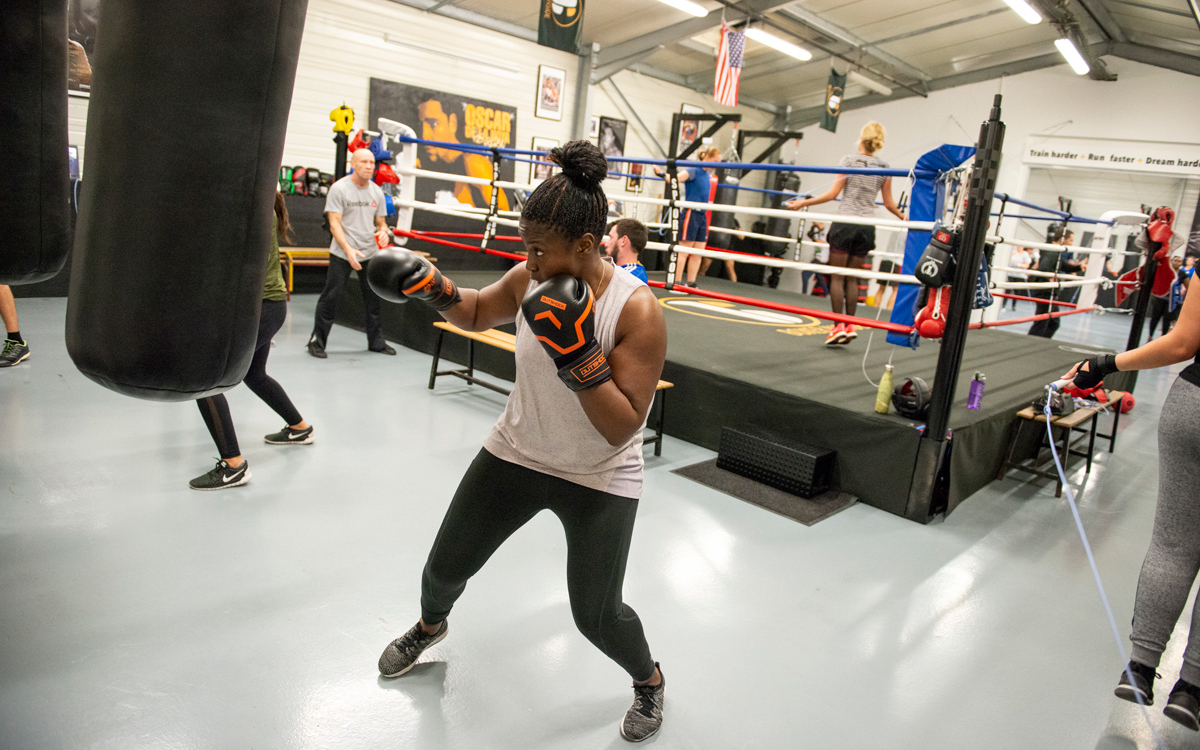
The Rise of the Community Boxing Center: A Hub for Empowerment and Transformation
In recent years, boxing centers have evolved beyond their traditional roles as training grounds for athletes and competitors. Today, many boxing gyms, or “boxing centers,” serve as vibrant hubs of empowerment, offering individuals a space to transform both their bodies and minds Togelin. These centers have become important community resources, where people of all ages and backgrounds come together not only to learn the sport of boxing but also to foster personal growth, health, and resilience.
The Evolution of the Boxing Center
Boxing has long been recognized as a sport that tests physical endurance, strength, and mental toughness. However, as more people seek holistic approaches to fitness and self-improvement, boxing centers have expanded their focus. Modern boxing centers are embracing diverse programs that cater to people with different goals, from fitness enthusiasts to individuals facing personal challenges.
In many urban areas, boxing centers are shifting their emphasis toward creating inclusive spaces that prioritize community engagement and well-being. These centers often offer a wide range of services, including fitness classes, self-defense training, and mental health support programs, alongside traditional boxing training for competitors. This broader approach to boxing has sparked a new wave of interest in the sport, attracting people who may never have considered it before.
Boxing as a Tool for Personal Empowerment
One of the key aspects of a modern boxing center is its focus on empowerment. Boxing is not just about punching and conditioning; it is also about building confidence, discipline, and resilience. For individuals facing personal hardships—such as dealing with trauma, overcoming addiction, or managing mental health struggles—boxing provides a constructive outlet for stress and frustration.
Boxing training emphasizes hard work, focus, and perseverance. It requires individuals to push their limits, both physically and mentally. For many, this becomes a powerful metaphor for overcoming life’s challenges. In a boxing center, participants learn to channel their energy into something productive, transforming their struggles into strength.
The supportive and encouraging atmosphere within these centers is crucial. Trainers and fellow participants often become a close-knit community, offering one another emotional support as well as technical advice. For individuals who may have felt isolated or unsupported in other areas of their lives, a boxing center can offer a sense of belonging and a safe space for self-expression.
The Health Benefits of Boxing
Boxing provides numerous health benefits that go beyond traditional fitness routines. It is an excellent cardiovascular workout, improving heart health, stamina, and overall endurance. The combination of aerobic and anaerobic exercise involved in boxing helps build muscle tone, burn fat, and increase flexibility.
Beyond physical fitness, boxing is also an effective way to relieve stress and anxiety. The intensity of the workout helps release endorphins—natural mood-boosting chemicals in the brain—providing a sense of accomplishment and well-being. For people dealing with chronic stress, boxing offers a productive way to manage emotions and reduce mental strain.
Moreover, boxing is a sport that promotes mental sharpness and focus. The strategic aspect of the sport—anticipating an opponent’s moves, calculating distance, and timing—requires participants to stay present and mentally engaged. This mental training can translate into other areas of life, helping individuals improve their decision-making skills and overall cognitive function.
Boxing Centers as Community Pillars
A modern boxing center is more than just a place to work out—it’s a community hub where people come together to share experiences, learn, and support one another. Many boxing centers organize events that foster local engagement, such as charity fundraisers, community outreach programs, or youth mentorship initiatives. These programs often aim to provide opportunities for underprivileged youth who might not otherwise have access to fitness programs.
Additionally, boxing centers have become spaces where people of all backgrounds can interact, building bridges across cultures, social classes, and demographics. The shared experience of boxing training creates a common bond, helping to break down barriers and build mutual respect. This sense of unity within the boxing community is a testament to the sport’s power to bring people together and create positive change.